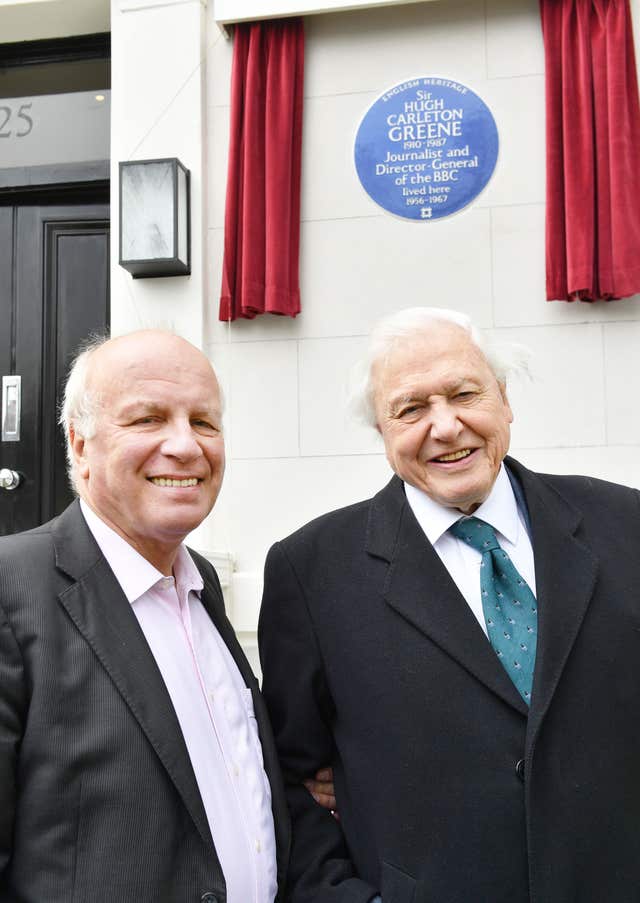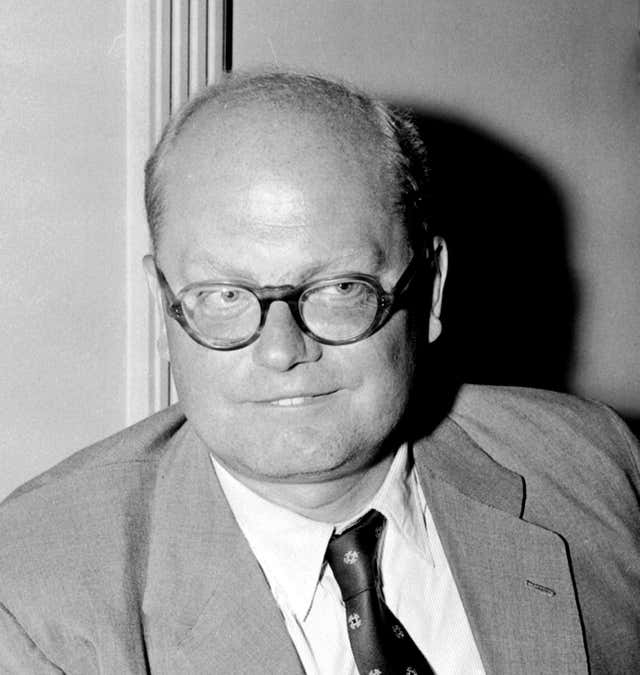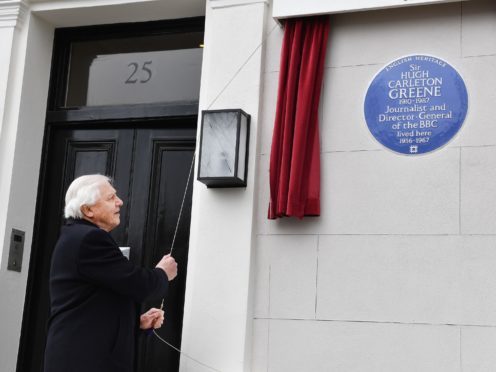Sir David Attenborough has unveiled a blue plaque in honour of a former BBC director-general who was accused of causing “moral collapse” by Mary Whitehouse.
Sir Hugh Carleton Greene transformed the fortunes of the BBC after it had been in crisis following the launch of ITV.
Clean-up TV campaigner Mrs Whitehouse called Sir Hugh the person “most responsible for the moral collapse that characterised the 60s and the 70s.”
She asked the BBC to remove the word “knickers” from a forthcoming transmission, a request he called “silly”.

Sir Hugh was director-general for nine years from 1960.
BBC2 and Radio 1 were launched during his time while shows included the satirical That Was The Week That Was and Ken Loach’s gritty drama Cathy Come Home.
Songs Of Praise, one of his programme ideas, is still on air today.
Naturalist and broadcaster Sir David said his former boss had the “highest humanitarian moral standards” and it was a “great privilege to work for this very distinguished man”.
Asked about his legacy, Sir David told the Press Association: “I don’t know you can say there’s a lasting legacy because the market place has changed so radically.”

Greg Dyke, English Heritage blue plaque panel member and an ex-director general of the BBC, said Sir Hugh was “the founder of the BBC we know today”.
He turned the BBC from being “deferential” to the British establishment to “challenging” it.
BBC television was “back in the game” thanks to his work, Mr Dyke said, adding: “British programmes have become so popular around the world thanks to what he did.”
The English Heritage blue plaque was unveiled at 25 Addison Avenue in London’s Holland Park.
Sir Hugh died in 1987.
